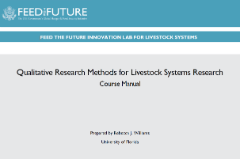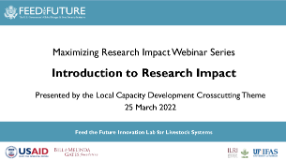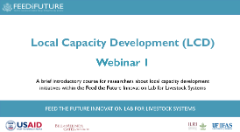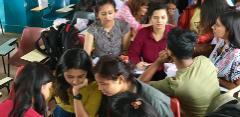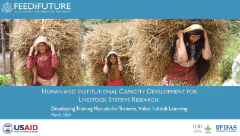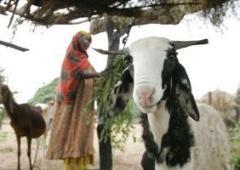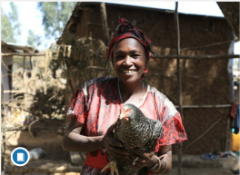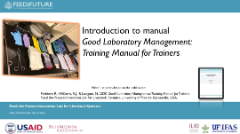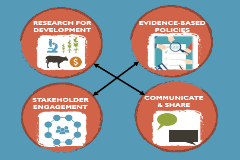
How to Keep Stakeholders Engaged in Your Research Project
This course encourages researchers to interact positively with their stakeholders over the lifetime of their projects. It is organized into the following short modules: (1) What is stakeholder engagement? (2) Why is stakeholder engagement important? Why is bridging the research-policymaking gap important? (3) Bridging research and policy through engagement and communication; (4) Practical stakeholder engagement strategies.
[Canvas course, free. Available in either English or French]



